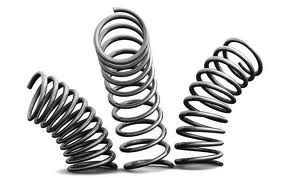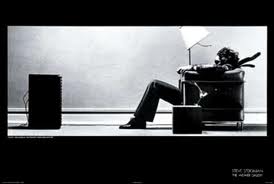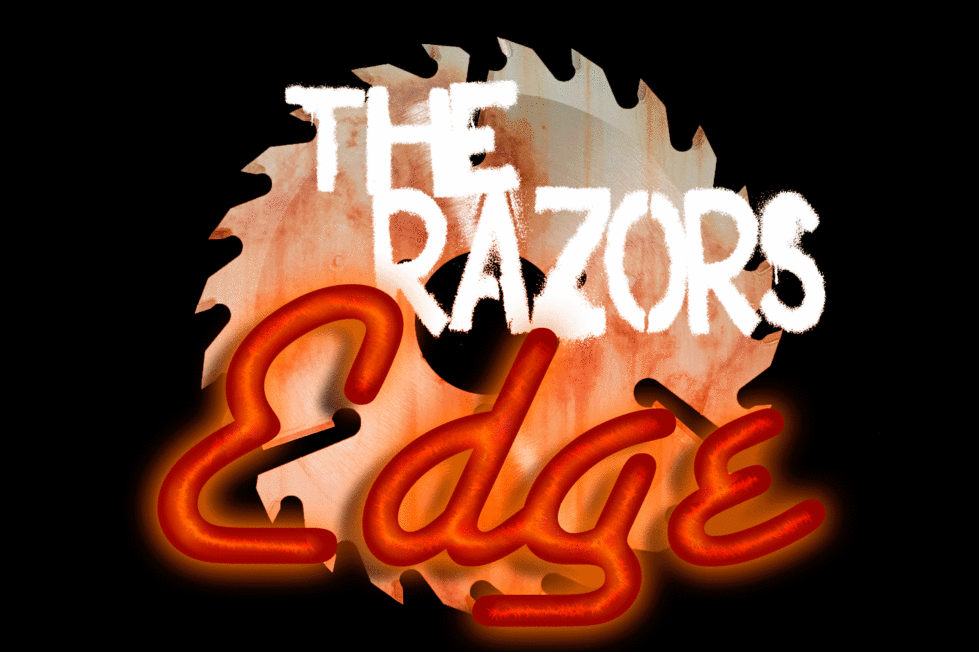Related Posts

How Poor Bounce Rate Affects Your Sites Ranking And 10 Ways To Fix It
If you use some type of analytics to monitor your websites performance you’ve probably seen its bounce rate. So what is bounce rate exactly? It can be defined in a couple of different ways; it can either be an indicator to the number of visitors who view only one page of your site and leave. Or the number of visitors who leave your site after a short amount of time (usually only a couple of seconds)
Google also defines bounce rate as the following
“Bounce rate is the number of single page visits (i.e. visits in which the person left your site from the entrance page), given as a percentage of total page visits. Bounce rate is a measure of page quality and a higher then average bounce rate would generally indicate that site entrance (landing) pages are not as relevant to your visitors search query as they should be.”
So what’s the short version of that? Basically it boils down to this, the higher your bounce rate is the lower quality your site is going to look in the eyes of the search engines, that means your site will drop in rankings. A lower ranking means less people visiting. Google’s in the game of trying to get the best content to the top and giving the rest the boot. And while bounce rate isn’t the be all end all tool that Google uses to calculate a sites value, it is a good indicator of your sites content value.
How to fix your websites bounce rate
Fortunately there are a lot of things you can do to fix your websites bounce rate. Here are 20 of them
1. Rewording articles
Look over your content, if it’s out of date, irrelevant, or written poorly spend some time and redo it. This alone can have a huge affect on your websites bounce rate.
2. Use only relevant keywords
If you write an article about gardening, don’t use keywords related to internet marketing. It doesn’t make sense and frankly pisses people off. Give people exactly what their looking for, not what you think is going to rank higher.
3. Load time
I’ve mentioned this in a previous article (10 Quick Tips To Speed Up Your Website) and I’m going to mention it again here, why because it’s important. The
4. Initial visual impact
You only get one first impression in life. The same rule applies to your website or blog as much as it does trying to impress that cute girl you just met. Your site needs to portray an image of quality, be relevant to what their looking for, and convey trust. So if your site looks like a throwback from 1992, or looks like you spent maybe 20 minutes building it, you’re going to want to spend some time to fix that.
5. Have relevant headings
If someone is looking for how to fix their computer and your heading mentions how to fix a computer but when they click on it they are taken to a page about cats their going to be pissed off and leave.
6. Compatibility
If a big chunk of your traffic uses Internet Explorer and you only tested your site on Firefox you could have some potential problems and not even know about it. Always check your site on different browsers to make sure everything is exactly where you want it to be.
7. Don’t auto play music
If you want to really piss people off fast have audio play as soon as someone logs on and then hide the button to turn it off. Just because you like a certain song or band doesn’t mean everyone does. There’s nothing wrong with having music, but give your visitors the option to hear it if they want to.
8. Clear navigation
Another factor that can help fix your websites bounce rate is its navigation. You want it to be clear, simply, and as easy as possible to get around your site.
9. Bite sized chunks
Nobody likes 100 line paragraphs, there hard to read, and easy to loose track of what you’re trying to find. Break things up into smaller easy to understand and follow paragraphs with clear relevant headings.
10. Technical restrictions
Last but not least ask yourself “Will your target audience be able to see it?” If your visitors see things like blank boxes and error messages, they’ll probably move on.
Other posts to check out
 Previous Post
Previous Post





HTML Comment Box is loading comments...